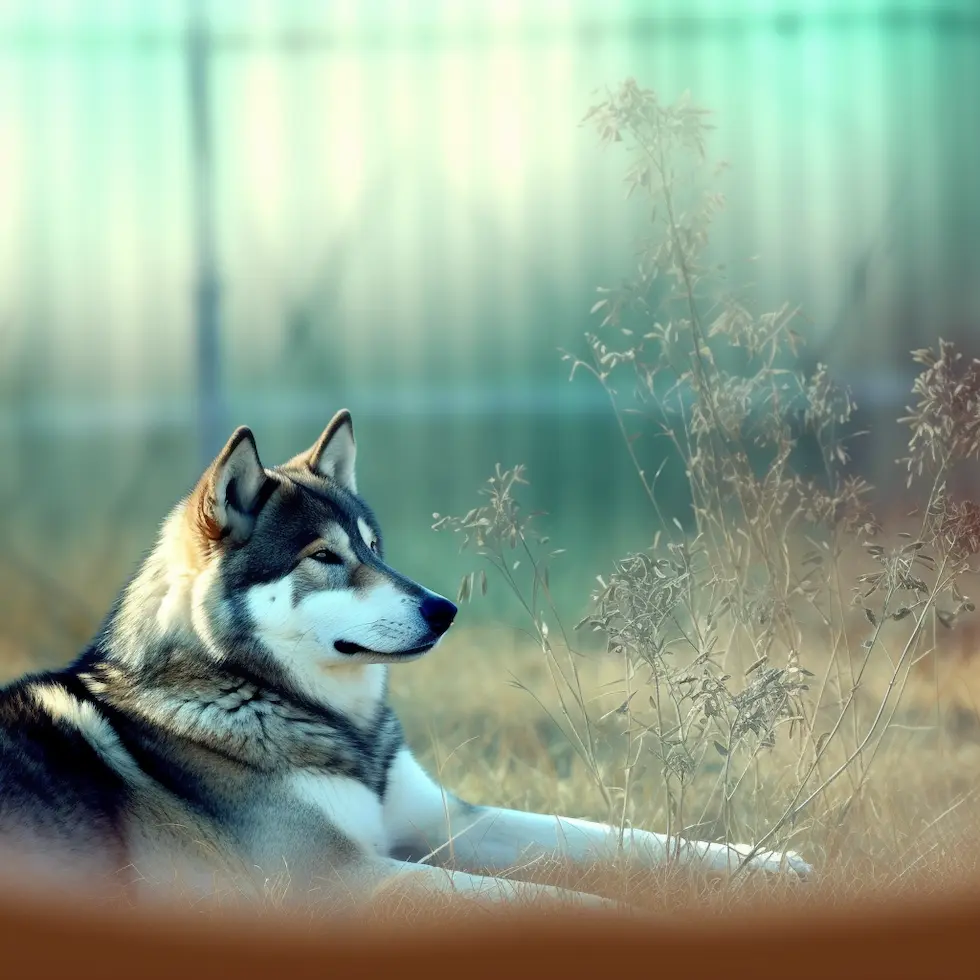Native American Indian Dog: A majestic and versatile dog breed
The Native American Indian Dog is a fascinating dog breed with a long history and a unique connection to the Native Americans. With their fierce appearance and versatility, these dogs have captured the hearts of many people. In this article, we will take a closer look at the Native American Indian Dog and explore its characteristics, origins and uses.
Origin and history
The Native American Indian Dog originates from the United States and Canada and has a long history dating back to the Native Americans. These dogs were bred by the Native Americans and were valued as loyal companions and working partners. They were versatile and helped the Native Americans with hunting, as therapy dogs and even with physical disabilities.
Appearance and characteristics
The Native American Indian Dog has a majestic and wild appearance that is strongly reminiscent of its ancestors. They are medium-sized dogs with a strong build and athletic appearance. Their coat is dense and can have different colours and patterns. They are also hypoallergenic, which makes them a good choice for people with allergies.
Character and temperament
The Native American Indian Dog is known for its friendly and even-tempered character. They are protective, loyal, loving and good-natured towards their owners. They have a strong hunting instinct, but this can be controlled with good education and training. With the right care and attention, they can become wonderful family dogs.

Use
The Native American Indian Dog can be used in many areas due to its versatility and intelligence. Here are some of the uses for this fascinating dog breed:
Hunting companion: Due to their strong hunting instincts, Native American Indian Dogs make excellent hunting companions. Their good nose and stamina help them hunt wild animals.
Sporting activities: Due to their athletic appearance and high energy levels, these dogs are also suitable for sporting activities such as agility, flyball or frisbee.
Advantages
New dog breed descriptions in a quick overview
